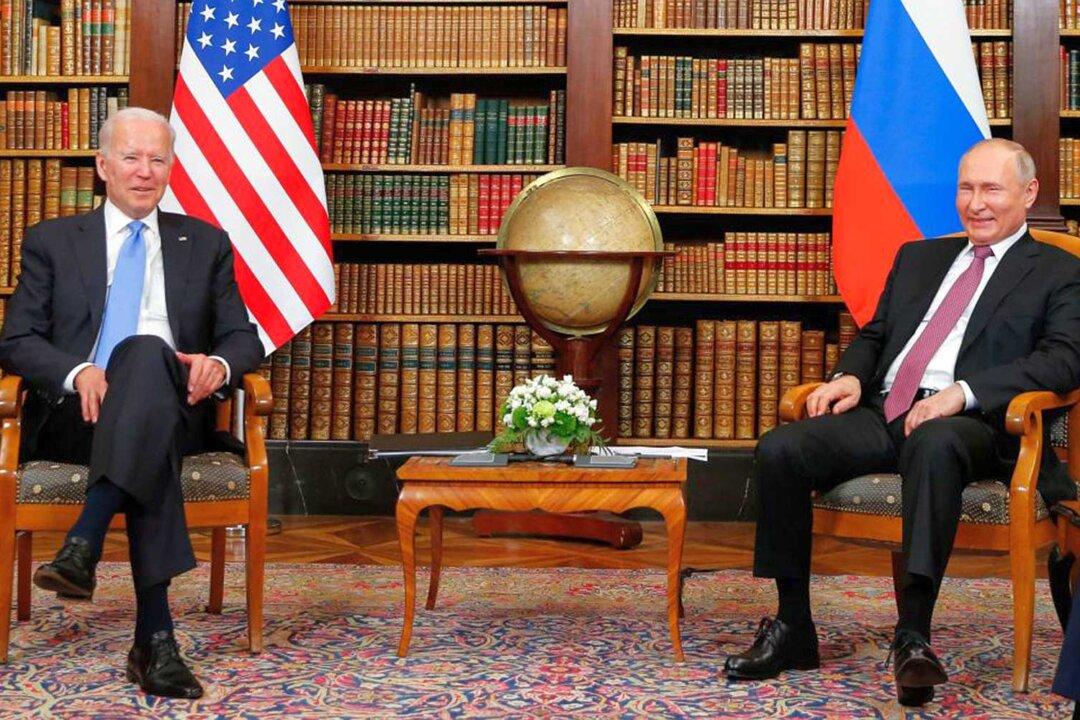Russian President Vladimir Putin announced new emergency measures intended to prop up the national currency, including a ban on Russian residents transferring foreign currency abroad and forcing exporters to use the national currency.
The measures, which take effect March 1, include a ban on payments of hard currency from residents made to foreigners “in connection with loan agreements,” and will include restrictions on companies buying back their own stock, as well as some transfers to foreign accounts, according to a statement from the Kremlin published on Feb 28.





